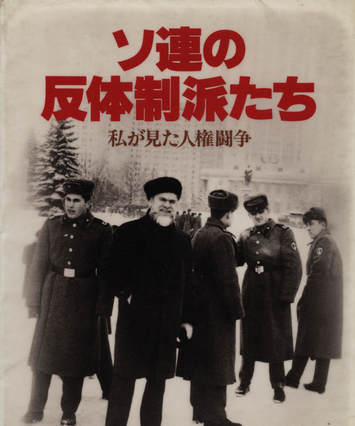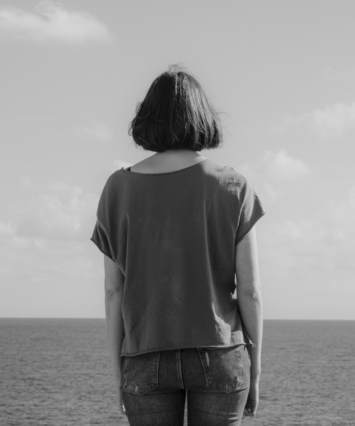'The Russian human rights struggle - as I have seen it.'
Translated from the Norwegian by Alwyn and Dermott McKay; Foreword by Vladimir Maximov
When Solzhenitsyn visited Norway within ten days of being expelled from Russia, the man he asked to meet him was the painter Sparre. Later Sparre did much to ensure that the Nobel Peace Prize went to Sakharov. In his foreword, Maximov tells of Sparre visiting Sakharov in Moscow and bringing 'warmth and understanding' at a time when the human rights leaders were under great pressure from the KGB. 'So long as there are people like this in the world,' Maximov goes on, 'those suffering oppression need not feel they are alone.' He tells too of the succession of Russian human rights leaders who visited Sparre in his home in Oslo, for 'friendship and counsel'.
From the insight he gained from all these touches, Sparre gives us a unique picture, both intimate and authentic, of most of the men who led what is known in the West as the dissident movement. Solzhenitsyn, Sakharov, Bukovski, and many others who have been in the headlines move through his pages, drawn with a painter's perceptiveness.
Many of them are believers, most accept the importance of Christianity in their struggle. Sparre feels he understands that struggle the better because he himself is a believer.
English









